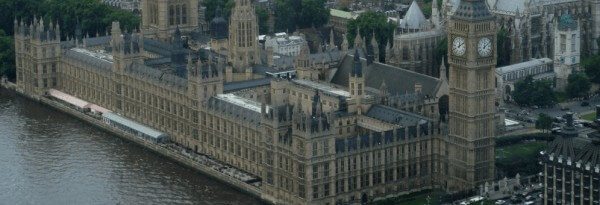They’re politicians: A private life isn’t possible
The question of the relevance of the private lives of politicians has always been fraught with contradictions. Happy to be photographed with their children and partners in order to cast themselves as guardians of family values, politicians should surely be willing to accept negative publicity when they personally contradict the principles they espouse.
This subject is currently in the spotlight due to the case of the Labour MP Simon Danczuk. Danczuk’s profile has risen in recent years due to his campaigns for greater awareness of child abuse in society and the pursuit of historical sexual abuse cases. This week it has emerged, in spite of this reputation, Danczuk had been sending sexually explicit messages to a 17-year-old girl. It must be said there is no allegation of child abuse, as the girl was above the age of consent. Nevertheless, it is important for Danczuk’s constituents to have this information when judging whether or not he is an appropriate figure to represent the outrage of a constituency severely affected by cases of sexual abuse. Danczuk admitted himself that this episode ‘could overshadow’ his work in this area, in a statement on Twitter.
President Francois Hollande even received a boost in his poll ratings upon news of his infidelity.
However, attitudes towards politician’s private lives are very different in France. Privacy laws are far stricter, hence former President Francois Mitterand maintained an entire second family throughout his time in office, unbeknownst to the public. It is claimed there is a majority view in France that immoral personal choices that have no effect upon governance are not a cause for concern; President Francois Hollande even received a boost in his poll ratings upon news of his infidelity. On a practical level this argument has resonance. It does not impinge upon the ability of the governors to govern.
On the other hand, if a politician cannot be trusted to act honestly by their own family, how can they be trusted by an entire country? It betrays a character unsympathetic to the pain their actions may inflict upon others and a person happy to hide uncomfortable truths. It is not unreasonable to suspect that such characteristics transcend the public/private divide. The Labour Party certainly recognised the importance British voters attach to the private lives of politician’s by suspending Simon Danczuk immediately after the allegations were publicised.
Politicians frequently complain of media intrusion into their private lives, yet this surely cannot be sufficient reason to consider them irrelevant. In choosing who is fit to govern, the electorate need to know the real person behind the media friendly rhetoric.

Comments